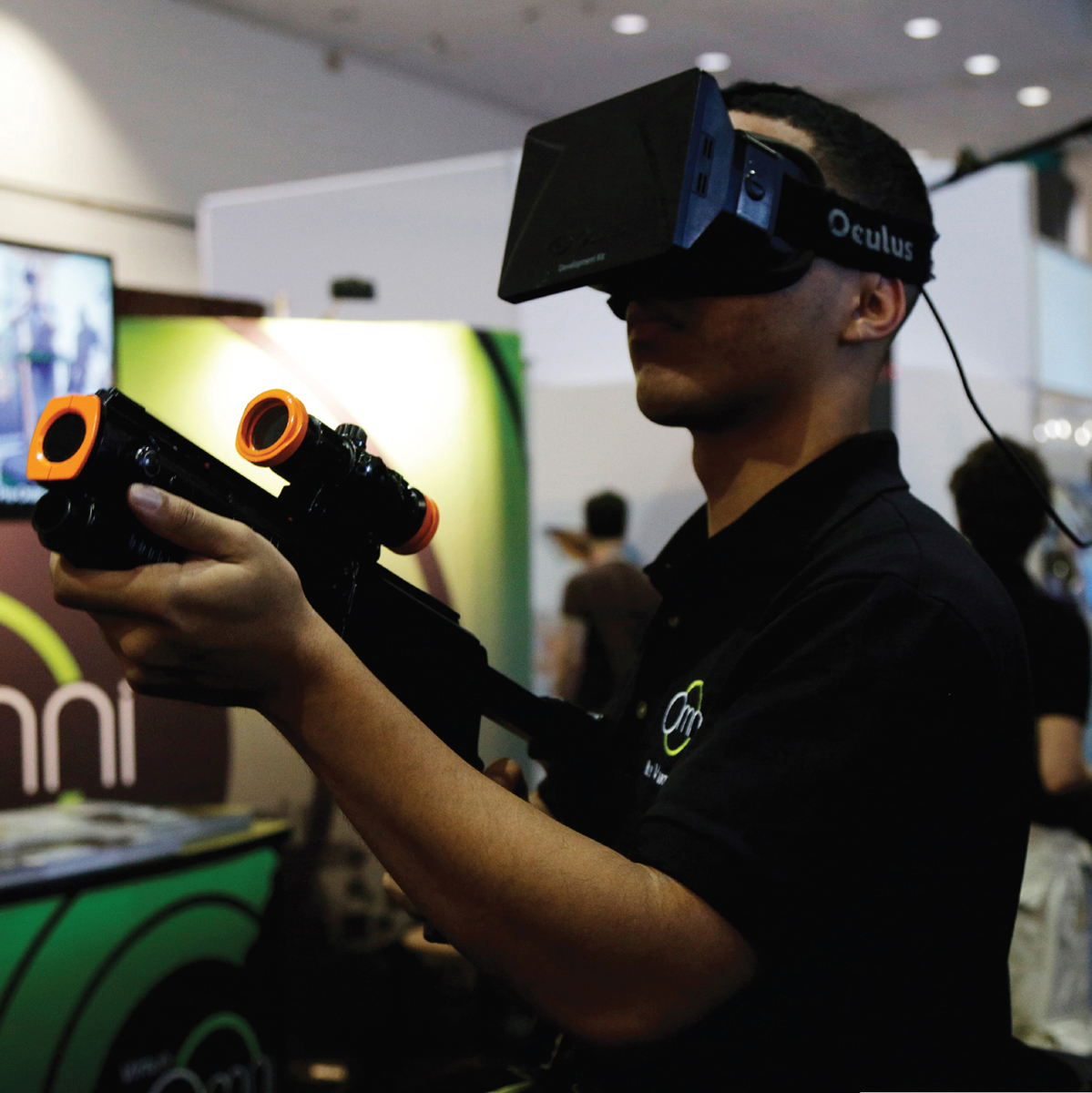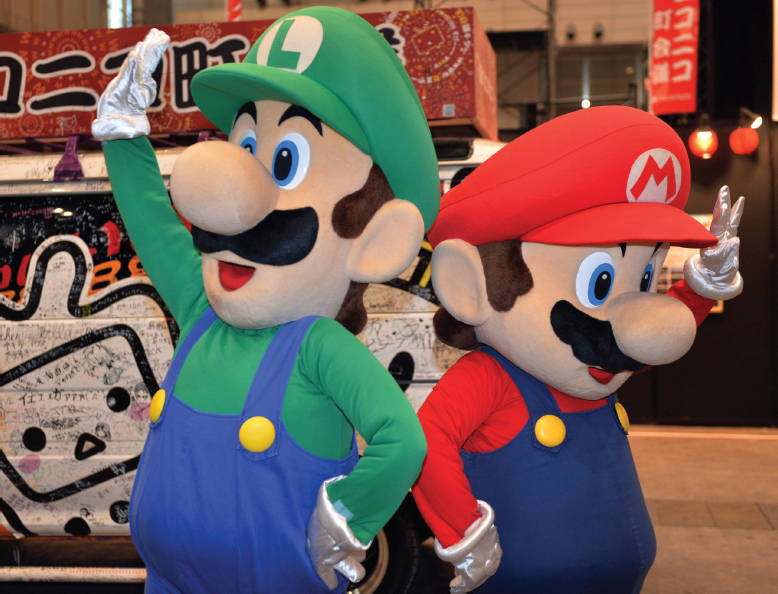Chapter 3 Introduction
DIGITAL MEDIA AND CONVERGENCE
3
Digital Gaming and the Media Playground
The Development of Digital Gaming
The Internet Transforms Gaming
The Media Playground
Trends and Issues in Digital Gaming
The Business of Digital Gaming
Digital Gaming, Free Speech, and Democracy

Because they have been inherently digital for much of their history, electronic games have not always felt the full force of the digital turn—
But eventually digital games became more fully absorbed into the new digital conglomerates. Microsoft, the world’s largest software company, entered the video game console business in 2001 with the Xbox. At the time, the New York Times called the Xbox “a Trojan horse of sorts, part of the company’s ambitious effort to extend its reach from the personal computer to the television.”1 Today, that characterization remains true: Microsoft itself calls the console’s latest version, the Xbox One, an “all-
Which is why Facebook’s purchase of a small virtual reality company in 2014 is—
Zuckerberg’s purchase means that Facebook, like Microsoft, wants gaming to be part of its business. (Up until this point, Facebook’s foray into games consisted of hosting social media games like Words with Friends and FarmVille.) But Zuckerberg’s bigger bet is that virtual reality will be the next generation of gaming style and that virtual reality will then be the leading interface for everything else in the media business. On the announcement of the purchase, Zuckerberg described his vision:
This is just the start. After games, we’re going to make Oculus a platform for many other experiences. Imagine enjoying a court side seat at a game, studying in a classroom of students and teachers all over the world or consulting with a doctor face-
This is really a new communication platform. By feeling truly present, you can share unbounded spaces and experiences with the people in your life. Imagine sharing not just moments with your friends online, but entire experiences and adventures.3
While Microsoft used digital games as a way to enter into our living rooms, Facebook envisions digital games as a way to enter into every part of our lives. After all, why would we want to “share” our experiences via two-
ELECTRONIC GAMES OFFER PLAY, ENTERTAINMENT, AND SOCIAL INTERACTION. Like the Internet, they combine text, audio, and moving images. But they go even further than the Internet by enabling players to interact with aspects of the medium in the context of the game—

In this chapter, we will take a look at the evolving mass medium of digital gaming and:
- Examine the early history of electronic gaming, including its roots in penny arcades
- Trace the evolution of electronic gaming, from arcades and bars into living rooms and our hands
- Discuss gaming as a social medium that forms communities of play
- Analyze the economics of gaming, including the industry’s major players and various revenue streams
- Raise questions about the role of digital gaming in our democratic society